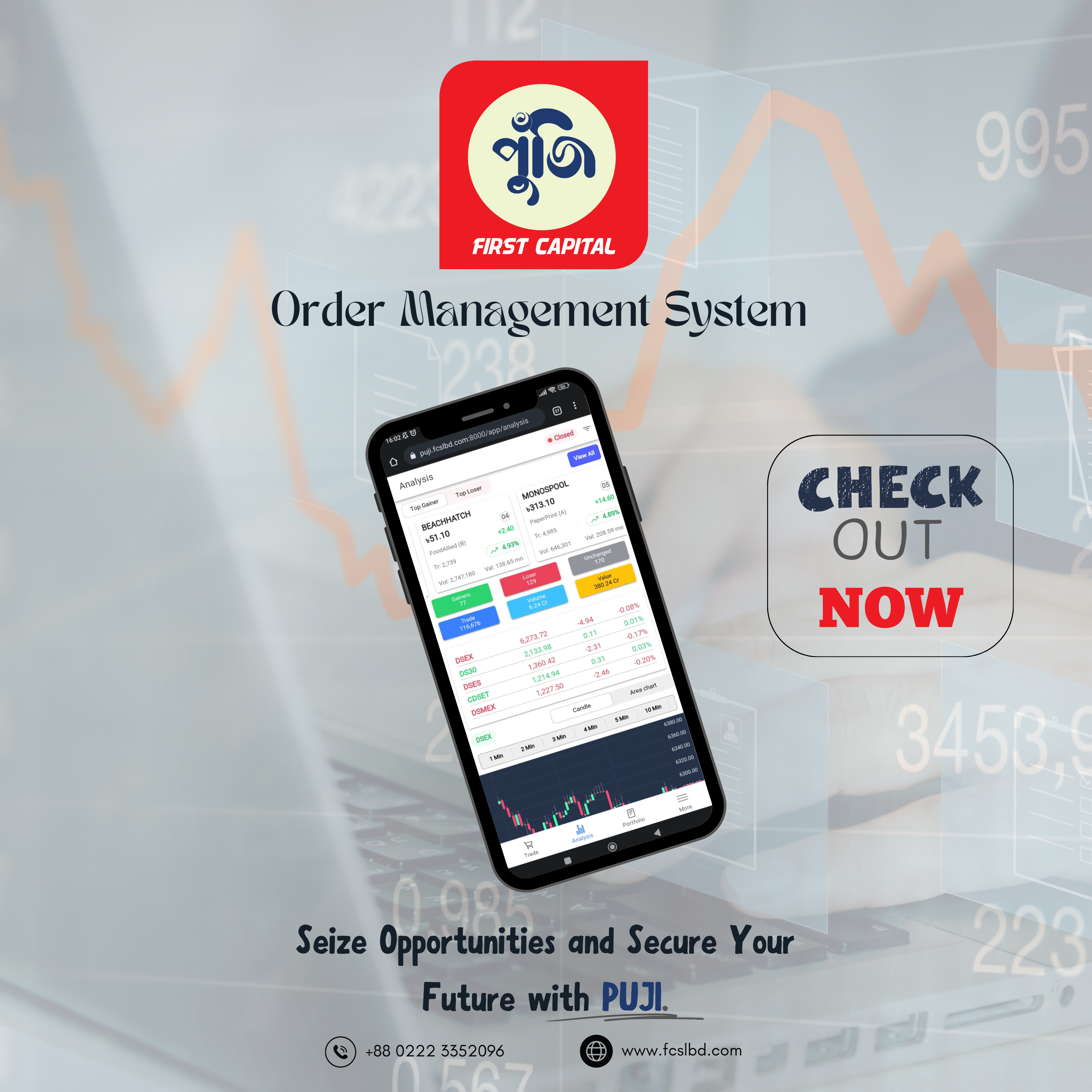After giving a decade low dividend in 2023, Reckitt Benckiser declared the highest-ever 3,330 per cent cash dividend for 2024, despite making a lower profit in the year compared to the previous year.
The UK-based multinational firm, which sells health and hygiene products, raked in Tk 752 million in 2024, down from Tk 820 million the year before.
Subsequently, earnings per share (EPS) stood at Tk 159.17 for 2024 from Tk 173.65 in the previous year, according to price-sensitive information published on Monday.
Despite the lower profit, the board of directors of the company decided to give Tk 333 per share in dividends, the highest since its listing on the stock exchanges.
This is the second highest annual cash dividend declared by any company in Bangladesh’s stock market after Linde Bangladesh, market operators said.
Presently, the number of Reckitt’s outstanding shares is 4.72 million. It will pay Tk 1.57 billion in cash dividends to its shareholders against a profit of Tk 720 million in 2024.
That means the company will spend an additional Tk 421 million from the retained earnings or reserve.
Sponsor-directors of the company, however, will get most of the dividend amounts as they jointly hold 82.96 per cent stakes in Reckitt Benckiser at present.
Due to the record dividend declaration, the company’s dividend yield is estimated at an all-time high of 8.43 per cent for 2024.
Analysts attributed the sharp rise in dividend payouts to the stronger foreign exchange reserves allowing multinational companies to repatriate profits more smoothly than before.
The unprecedented dividend payout indicates that the dollar crisis eased and exchange rates attained stability, said Akramul Alan, head of research at Royal Capital.
In the past two years, the multinational companies faced hurdles in repatriating dividends due to the greenback shortage.
The multinational companies’ recent trend to recommend higher dividends may also bear signs of worry.
“When the reinvestment opportunity squeezes, the cash-surplus companies announce higher dividends to their shareholders, which will be paid from retained earnings,” said Mr Alam.
Requesting anonymity, a company official said that owing to lower sales amid inflationary pressure, profit dropped more than 8 per cent year-on-year to Tk 720 million in 2024.
The company managed to offset some of the costs by increasing product prices, but higher costs of sales and increased net operating expenses eroded the bottom-line growth.
The net operating cash flow per share of the company, an indicator that shows a company’s ability to generate cash from its operations, fell drastically to Tk 22.55 per share in 2024 from Tk 253.57 in 2023.
The company disbursed last four years’ royalty to the parent company — Reckitt Benckiser Heath Ltd, UK — worth Tk 756 million in June last year. As a result, the cash flow shrinks significantly, said the company in its earnings note.
The net asset value, which refers to the excess of total assets over total liabilities, however, reached Tk 350.64 per share in 2024, up from Tk 252.69 a year ago.
Meanwhile, the stock fell 2.64 per cent to Tk 3,947.7 per share on the Dhaka bourse on Monday, still remaining the most-valued stock in the market.
The company will hold an annual general meeting (AGM) on May 28. The record date for dividends is April 29.
Although the company is yet to disclose annual revenue figures for 2024, its nine-month revenue was Tk 4.02 billion, slightly decreased from Tk 4.05 billion in the same period of the previous year.
Reckitt Benckiser had seen its business growth accelerate after the Covid outbreak in 2020 when the use of hygiene products shot up in measures to contain the spread of the Coronavirus.
Its top-selling products are Dettol and Harpic.
As the pandemic waned, the demand for hygiene products started to diminish while the inflationary pressure squeezed people’s capacity to buy even essential items. At the same time, the taka became cheaper against the dollar, increasing import costs.
High inflation affected consumption patterns. Many people shifted from branded products to non-branded ones to cope with higher expenses.
https://thefinancialexpress.com.bd/stock/bangladesh/reckitt-benckiser-to-pay-record-dividends-for-2024-despite-lower-profit#google_vignette




